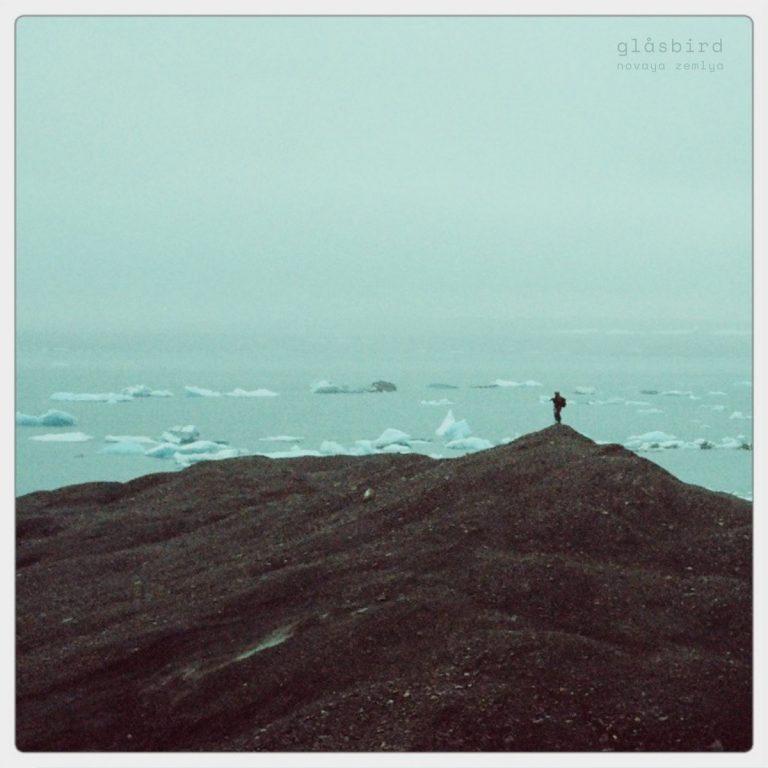Electronic artist Glåsbird’s overall delivery is very unique, because not much information about them is available. It is an anonymous ambient project that was started in 2017 by ‘an established artist’, and its mission is to pick geographical locations and create so-called ‘soundtracks’ for their overall feel. The latest effort from the project is titled Novaya Zemlya, which translates to ‘new land’, and is also the name of an archipelago in the Arctic Ocean; mostly uninhabited with extreme weather year-long. This area is almost entirely untouched by humanity, where nature in all its might roams free and untamed.
The record Novaya Zemlya captures that mood with the use of almost exclusively dark melodies in minor keys. For the most part, it works quite well in making the listener imagine the landscapes of eternally cloudy skies and evergreens as far as the eye can see. Any image that comes to mind while listening to this record makes one feel that ice-cold archipelago climate even in the warmth of the indoors.
The anonymity of the artist serves its purpose well, as the lack of such knowledge almost convinces the listener that this is music of nature itself. However, it is not entirely persuasive. Glåsbird continues to use subtle atmospheric mixtures of ethereal synth sounds with stringed classical instruments and piano, and through this approach tracks like “Staryye Doma”, “Vanya”, and “Paryashchiye Morya” feel like they’re carrying one to Novaya Zemlya and its dark and menacing beauty. On the other hand, others like “Nochnaya Zevzda”, “Meteostantsiya”, and “Posledniy Voyazh” tend to fall short and the furthest they can carry the listener is to a winter city landscape.
In and of itself, that is not a downgrading aspect of the record, but issues arise out of the indecisiveness of the overall mood. For the most part it’s an image of cold desolation that is both incredible and terrifying to lay one’s ears on, but some tracks interject with a much more gentrified landscape, built of very contemporary sounding soft synths and rather simplistic chord progressions, that undermines the unrefined and wild beauty of nature. Such moods do not necessarily clash with one another, but it is the difference in the level of development of each that creates dissonance. The feeling of free and relentless nature dominates the more urbane outings, which makes the lesser tracks feel as though they are interjecting as opposed to coexisting or contributing to building a grander multifaceted image.
Overall Novaya Zemlya is a good record and is quite deserving of its title; for the majority, Glåsbird has created sounds that convey a proper mood for the titular location. Frequently enough, images from such films as Andrey Zvyagintsev’s Leviathan or Pavel Lungin’s The Island come to mind. Perhaps this cinematic feel adds to the issue of the indecisiveness in mood, since it contrasts the visions of pure nature that are invoked in the listener. Glåsbird continues to create ambient ‘soundtracks’, which are a lot less dense than most in that genre, which on this record may be both an advantage and a disappointment. The runtime of this album is also relatively short for an ambient record (a couple of minutes shy of the 40-minute mark), making it more approachable to people who are not used to taking the word ‘long’ in LP literally.

